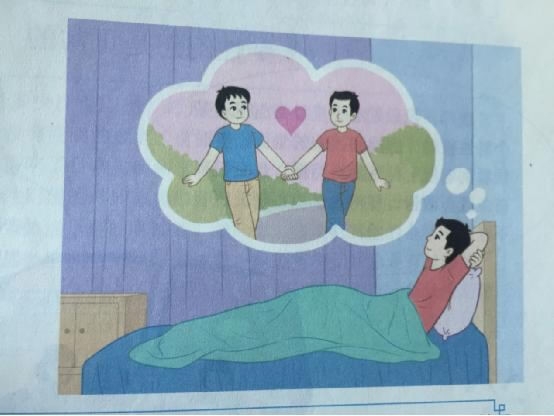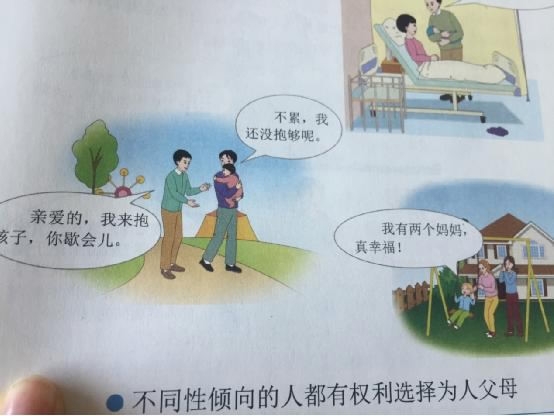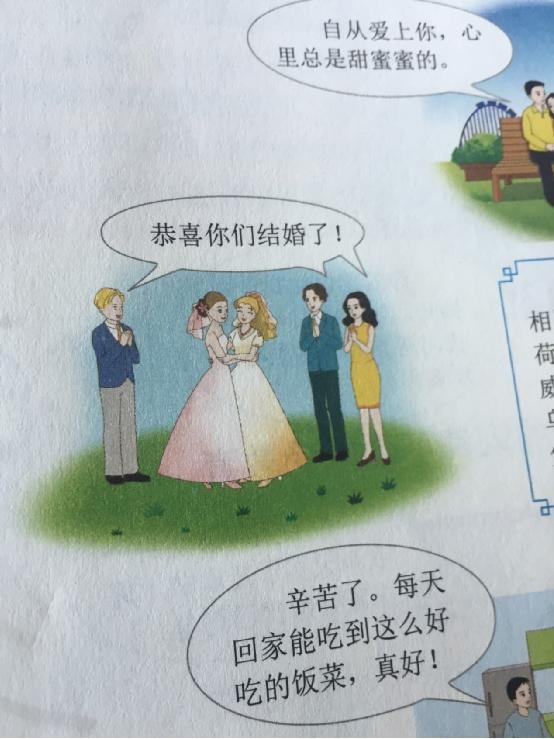
China
23:06, 13-Mar-2017
Chinese legislator calls for LGBT rights
Updated
11:02, 28-Jun-2018

By CGTN's Wu Guoxiu
An NPC deputy at this year's Two Sessions is pushing for China's anti-domestic violence law to protect the LGBT (Lesbian, gay, bisexual and Transgender) community. It is part of Sun Xiaomei's wider efforts to draw more awareness to the civil rights struggle of a community that includes hundreds of millions in China.
Professor Sun was one of the major promoters of China's anti-domestic violence law which was adopted last March. Now she also hopes to bring the country's LGBT community into its scope. "I will suggest during the Two Sessions this year to also include LGBT people in the anti-domestic violence law, where it protects people in co-habiting relationships," she said.
Sun is happy to take the process one step at a time. She's also been trying to protect LGBT rights in the workplace. "I've been working together with many other legislators to push for the adoption of an anti-workplace prejudice law, part of which rules that transgender people would not be discriminated against in the workplace."
Social attitudes towards the LGBT community are changing rapidly in China. A recent sex education textbook for primary schools describes homosexuality as a natural relationship.

China's new sex education textbook for primary schools contain a picture showing one young man having pleasant thoughts about another young man. /CGTN Photo
China's new sex education textbook for primary schools contain a picture showing one young man having pleasant thoughts about another young man. /CGTN Photo

China's new sex education textbook for primary schools contain a picture showing two fathers with a child. /CGTN Photo
China's new sex education textbook for primary schools contain a picture showing two fathers with a child. /CGTN Photo

China's new sex education textbook for primary schools containing a picture of gay wedding. /CGTN Photo
China's new sex education textbook for primary schools containing a picture of gay wedding. /CGTN Photo
The book contains a picture showing one young man having pleasant thoughts about another young man. It also has pictures of a gay wedding and gay families with children. The textbooks are not to every one’s liking and have provoked some animosity in the country, but Sun is delighted there is at least a discourse now, and expects even bigger changes over the next decade.
Sun said "There is such material in the textbooks, when children know this they can naturally accept it. During my surveys, the young generation can all accept this community, it's people in their 40s who can't accept them. But I told parents during a meeting, that when young people are in various social positions over the next decade, the LGBT maybe allowed to get married then. Hundreds of parents shed tears. They hope to see that. "
Professor Sun is not the only legislator in China who has been advocating equal rights for the LGBT community. She believes by enacting new legislation that recognizes and respects their choices, society will gradually and eventually accept them. It will take time, but there is a lot of optimism.
There are no official statistics on the size of China's LGBT community, but it is estimated to number around 70 million -- that's one in every twenty people. A 2016 survey conducted by non-profit business network, WorkForLGBT, noted more gay men and women on the Chinese mainland are planning to come out.
The survey said only 22 percent of gay men and 12 percent of gay women do not intend to reveal their sexual orientation in the next five years. This hesitance can be traced back to the fact that homosexuality was regarded as a mental disorder in China until 2001, and in 2016, a court in Hunan Province rejected a gay couple's request to get married.
The LGBT community is now asking for equal social rights, from work to marriage.

SITEMAP
Copyright © 2018 CGTN. Beijing ICP prepared NO.16065310-3
Copyright © 2018 CGTN. Beijing ICP prepared NO.16065310-3